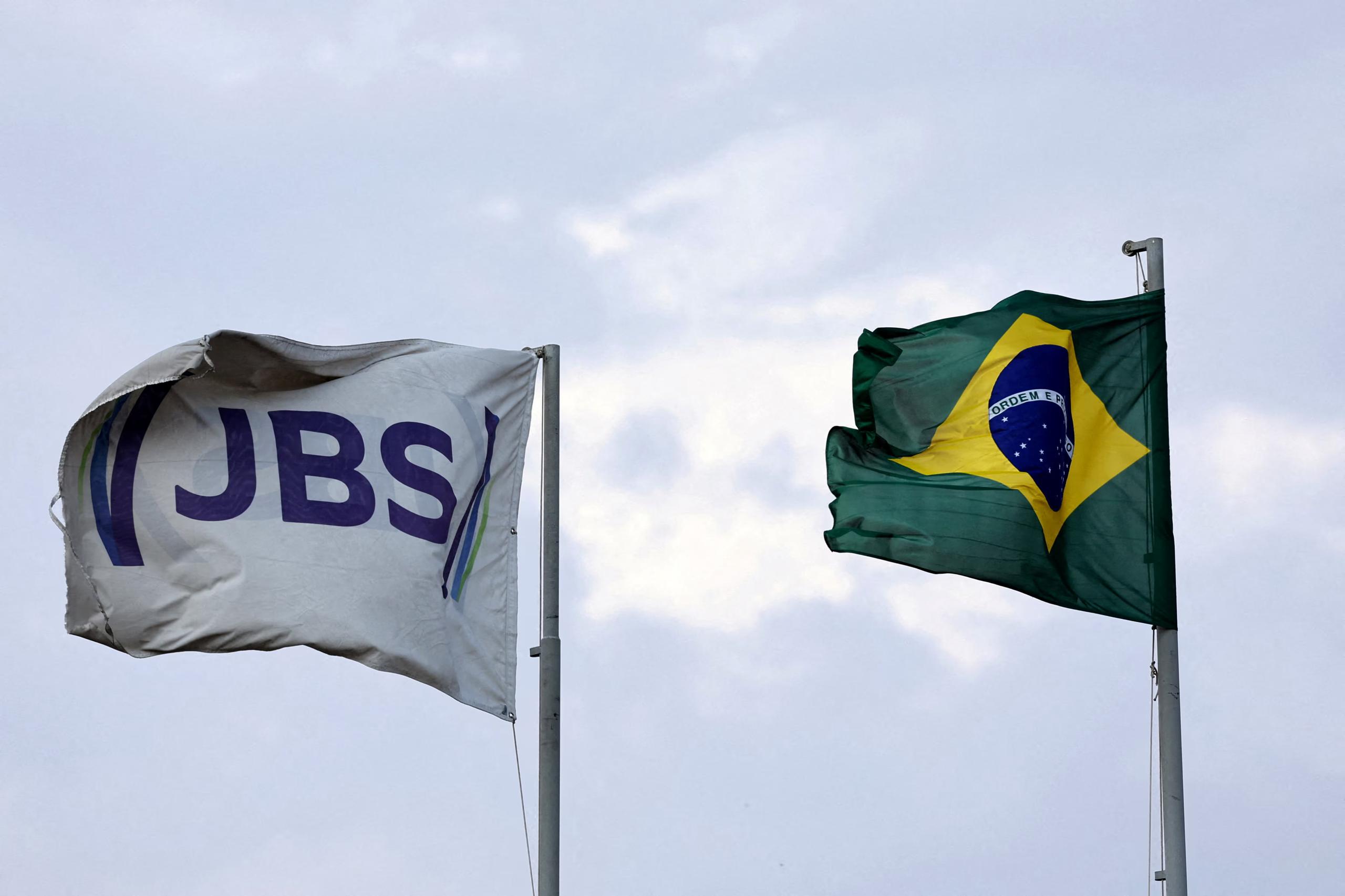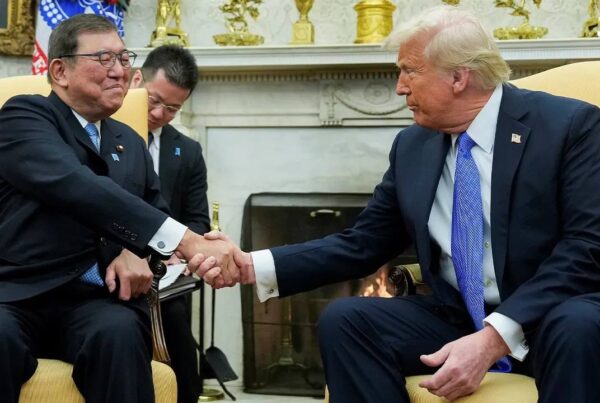Brazil’s Labor Minister Luiz Marinho has stirred controversy by personally intervening in the final stage of an investigation into alleged modern slavery at meat giant JBS SA. His decision breaks tradition since cases of this nature are usually handled by an independent enforcement task force. The intervention raises doubts about the independence of labor law in Brazil and sparks concerns over potential political influence.
Findings of Exploitation
The case began after inspectors visited Rio Grande do Sul last year. They discovered ten workers employed by a contractor for JBS Aves, the poultry division of JBS, enduring harsh conditions. Workers labored up to sixteen hours per day, lived without proper access to clean water, and suffered unlawful wage deductions that kept them trapped in the job. Federal inspectors concluded the situation amounted to modern slavery under Brazilian law.
On August 6, inspectors ruled that JBS bore responsibility because it failed to ensure proper due diligence over its contractors. The decision would normally place JBS on the government’s exclusion list, known internationally as the dirty list. Companies added to this list remain there for two years and face serious consequences, including restrictions on bank loans, loss of business partners, and significant reputational risks.
Ministerial Intervention
The process halted when Minister Marinho announced he would personally review the appeal. Labor law experts criticized the move, warning it could erode trust in Brazil’s labor oversight system. Trade unions and human rights groups argued that the intervention creates room for impunity, especially for powerful corporations.
JBS rejected responsibility for the contractor’s violations. The company emphasized that it terminated the partnership immediately after the report and reaffirmed its stance against human rights abuses. JBS also announced stricter monitoring procedures. Critics, however, argued that the measures came too late and did not prevent the abuse in the first place.
Global Repercussions
Brazil has long been recognized for its fight against forced labor, with the blocklist system serving as a model since the early 2000s. International organizations such as Amnesty International warned that political interference could damage Brazil’s credibility. With JBS standing as one of the world’s largest meat suppliers, the case carries implications for global supply chains.
Consumers in Europe and the United States increasingly demand transparency and assurance that food products are free from exploitation. If JBS faces formal penalties, its international reputation may suffer. Retailers, banks, and investors could distance themselves, leading to financial setbacks for the corporation.
What Lies Ahead
The Ministry of Labor continues to analyze JBS’s appeal. The final outcome will shape Brazil’s labor enforcement credibility. If JBS avoids placement on the exclusion list, it may signal leniency toward powerful corporations. Conversely, enforcing the sanction would confirm Brazil’s commitment to protecting workers’ rights.
The JBS case highlights the fragile balance between economic interests and social justice. Authorities must demonstrate that labor laws apply equally to all, regardless of size or influence. The international community is watching closely to see whether Brazil will defend its reputation as a global leader in fighting modern slavery.
Discover more from Olam News
Subscribe to get the latest posts sent to your email.









